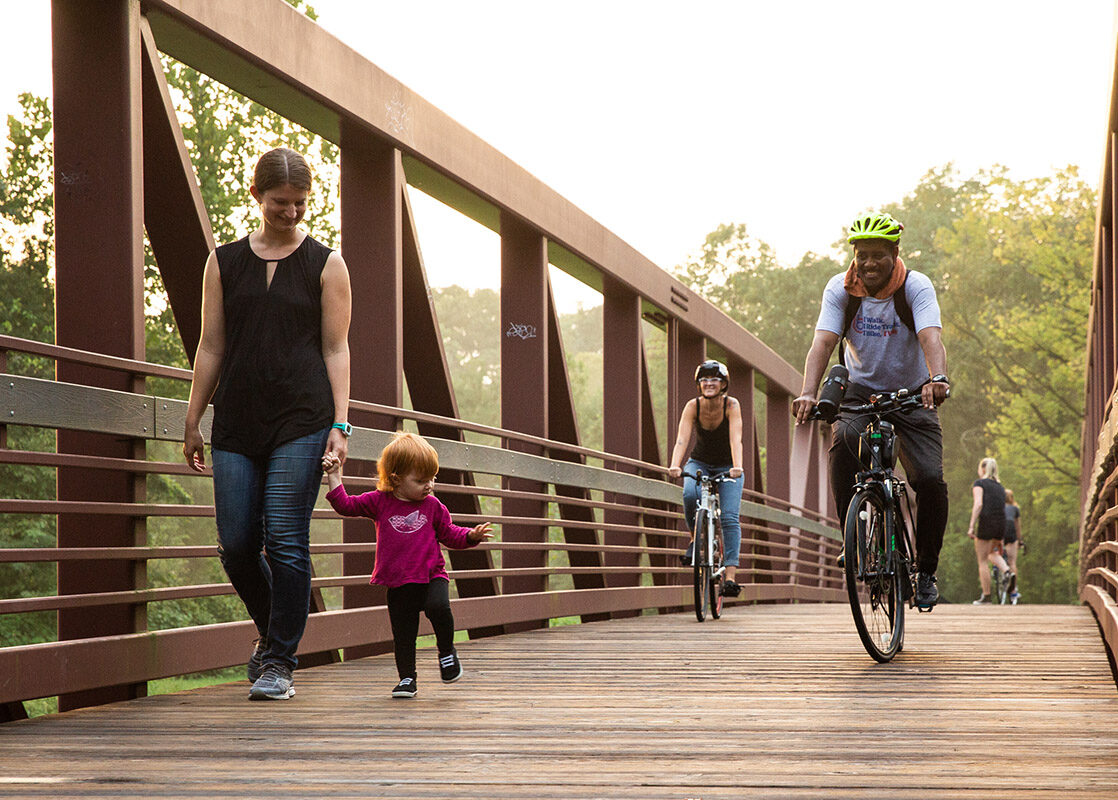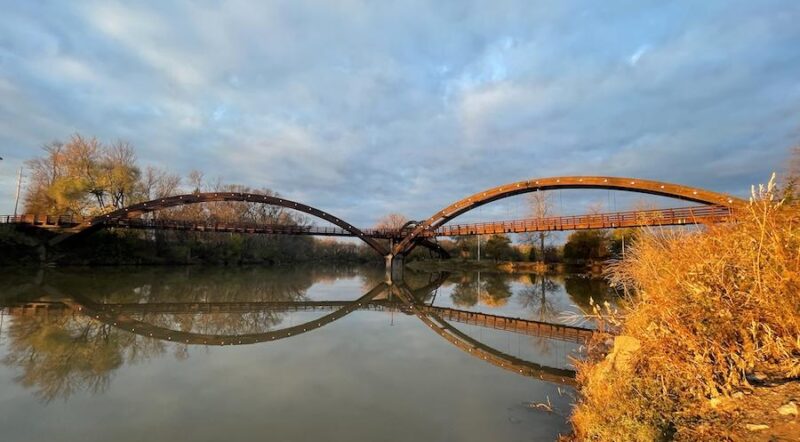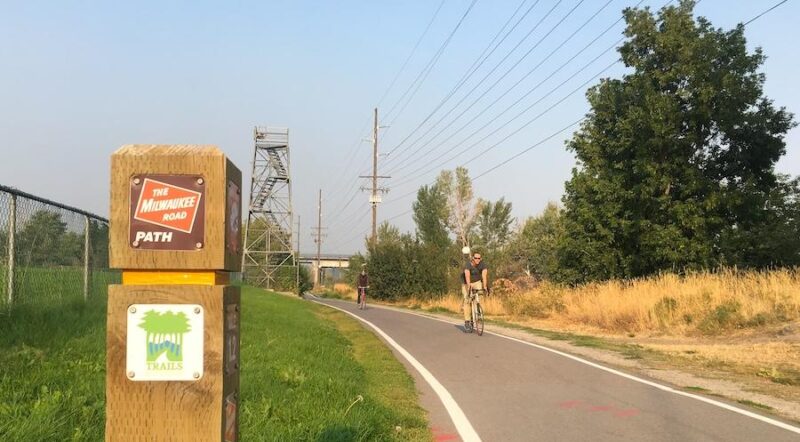COVID-19 Emergency Relief Act of 2020 Makes Funding Available for Transportation

In the final days of the 2020 legislative session, the 116th Congress passed the $900 billion COVID-19 Emergency Relief Act of 2020, a wide-ranging economic stimulus package that includes support for transportation systems impacted by the ongoing pandemic. The package contains $14 billion for transit and $10 billion in flexible transportation funding for states and regions to support projects, maintenance, operations, personnel and debt service payments. The Federal Highway Administration must allocate the stimulus dollars to states by Jan. 27, 2021.
Related: Breaking Down State DOT COVID-19 Relief Funding (AASHTO Journal)
This new funding is intended to replace lost revenue and could support trail and active transportation projects. These stimulus funds will flow through the Surface Transportation Block Grant (STBG) program, the most flexible federal dollars that state transportation departments and regional planning agencies manage. Trails and other active transportation projects are eligible under STBG but must compete against all other transportation modes.
If state and eligible regional agencies—including metropolitan planning organizations (MPOs) in urbanized areas—have not already decided how to spend these dollars, and especially if there is some precedent in the state or region for obligating flexible transportation funds to trail or active transportation projects, a successful case could be made for the funds to go to priority, construction-ready projects. Given that trail and active transportation projects generate more jobs per dollar than other types of transportation projects, and provide significant economic impact at the local, state and regional levels, there is a strong case to be made for their role in any stimulus effort.
If you don’t know who to call in your state, you could reach out to your state Transportation Alternatives coordinator for guidance using this directory.
RTC’s partners have shared with us more than $7 billion in unfunded plans for high-impact, construction-ready trail and active transportation connections. To address these critical needs, RTC is focused on driving Congress to pass a transformative federal transportation law that prioritizes trail and active transportation connections within and between communities.

Learn more about RTC’s plans for reauthorization and indicate your support for our federal policy agenda on our Trails Transform America page.
As the federal government continues to provide economic relief in response to the pandemic, RTC will continue to monitor economic stimulus debates in Congress and act on any emerging opportunities to include active transportation investments to create jobs and provide equitable mobility options. The new Administration has already announced plans for two additional stimulus bills, with the second one likely shifting focus from immediate relief from COVID-related impacts to job creation and infrastructure.
RTC plans to track and document instances in which COVID-19 Emergency Relief Act funds support trails or active transportation, so please let us know if you enjoy some success in accessing these funds.
Please reach out to us with any questions or notable updates on how your state is managing active transportation funding. RTC has strong grassroots network that may be able to help shine a light on your projects and plans.

Donate
Everyone deserves access to safe ways to walk, bike, and be active outdoors.



